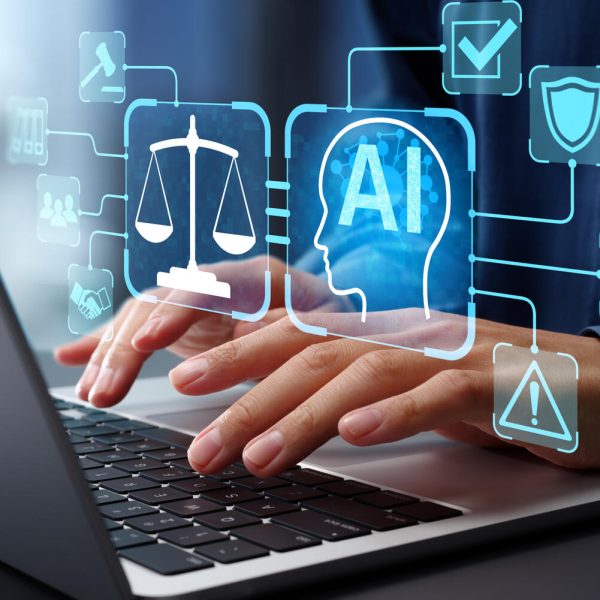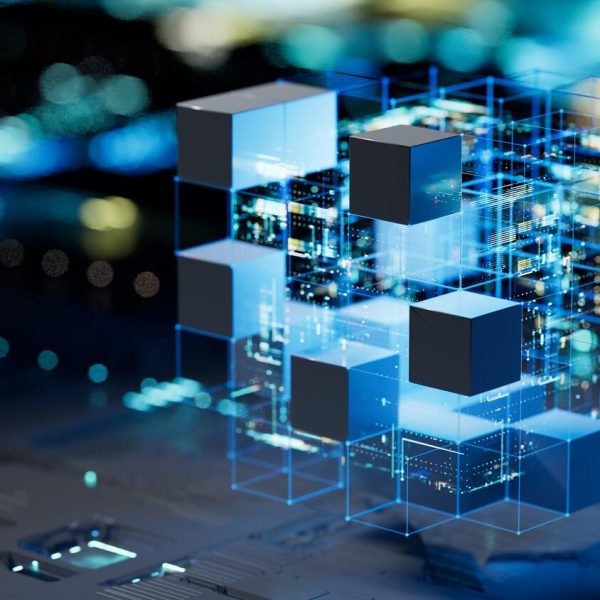It's hard to find a trend with more attendant hype these days than the Internet of Things (IoT). Read a few of the more than 55 million articles written on the subject and it's easy to believe that it's going to revolutionize the world tomorrow.
 I wouldn't go nearly that far. But I also disagree with the many skeptics who, in the extreme, think that the IoT is a complete waste of time. I don't own a crystal ball, but I suspect that sensors, wearables and "smart" devices will proliferate eventually, especially once the powers that be agree upon common standards.
I wouldn't go nearly that far. But I also disagree with the many skeptics who, in the extreme, think that the IoT is a complete waste of time. I don't own a crystal ball, but I suspect that sensors, wearables and "smart" devices will proliferate eventually, especially once the powers that be agree upon common standards.
Rather than debate whether the cynics or prosthelytizers are ultimately right, I'd like address the impact of the IoT on organizational data management.
Before continuing, a disclaimer is in order. The very title of this post assumes that your organization has developed – and follows – a data management strategy. (For more on this, see my series from a few months back.)
IoT and the big question
Now, let's get to the question at hand: How will the IoT affect your organization's data management strategy?
Those looking for simple answers and trite listicles will be disappointed. As is often the case, the answer hinges upon a number of factors:
- What industry is your organization in? Agriculture, automobiles, healthcare and retail are just several of the industries that would benefit a great deal from the promise of the IoT and, in particular, sensor data. Why carry around – and charge – a separate device to measure your heart rate when an app on your watch can do that for you? Companies that manufacture pens, pencils, paper and other low-tech widgets may very well not see the same benefits from the IoT.
- Does your organization currently take advantage of streaming data? Relational databases, data warehouses and data marts have long been able to handle very large data sets and ETL jobs. But what about massive and constant data flows and streams? The answer here is much more nebulous. Are new storage technologies and services required?
- Is the organization merely collecting data? Or is it trying to understand the data and ultimately act on it? Yes, the IoT means more data – much more. But remember two key things here. First, the organization with the most data doesn't "win." Second, without data, there can be no insight.
- Is your organization too risk-averse? A modicum of caution is understandable with the IoT. It's even wise. We're just beginning to get our arms around its opportunities and challenges – i.e., privacy and security. Still, the resounding success of bold organizations such as Amazon, Apple, Facebook and Google should serve as a clarion call to action. As Frederick Wilcox famously said, “Progress always involves risk; you can’t steal second base and keep your foot on first.”
Simon Says
It's never too early to ask questions such as these. Are we there with the IoT yet? Of course not. But it's not too early to start to think about what happens when it arrives in earnest.
Feedback
What say you?





